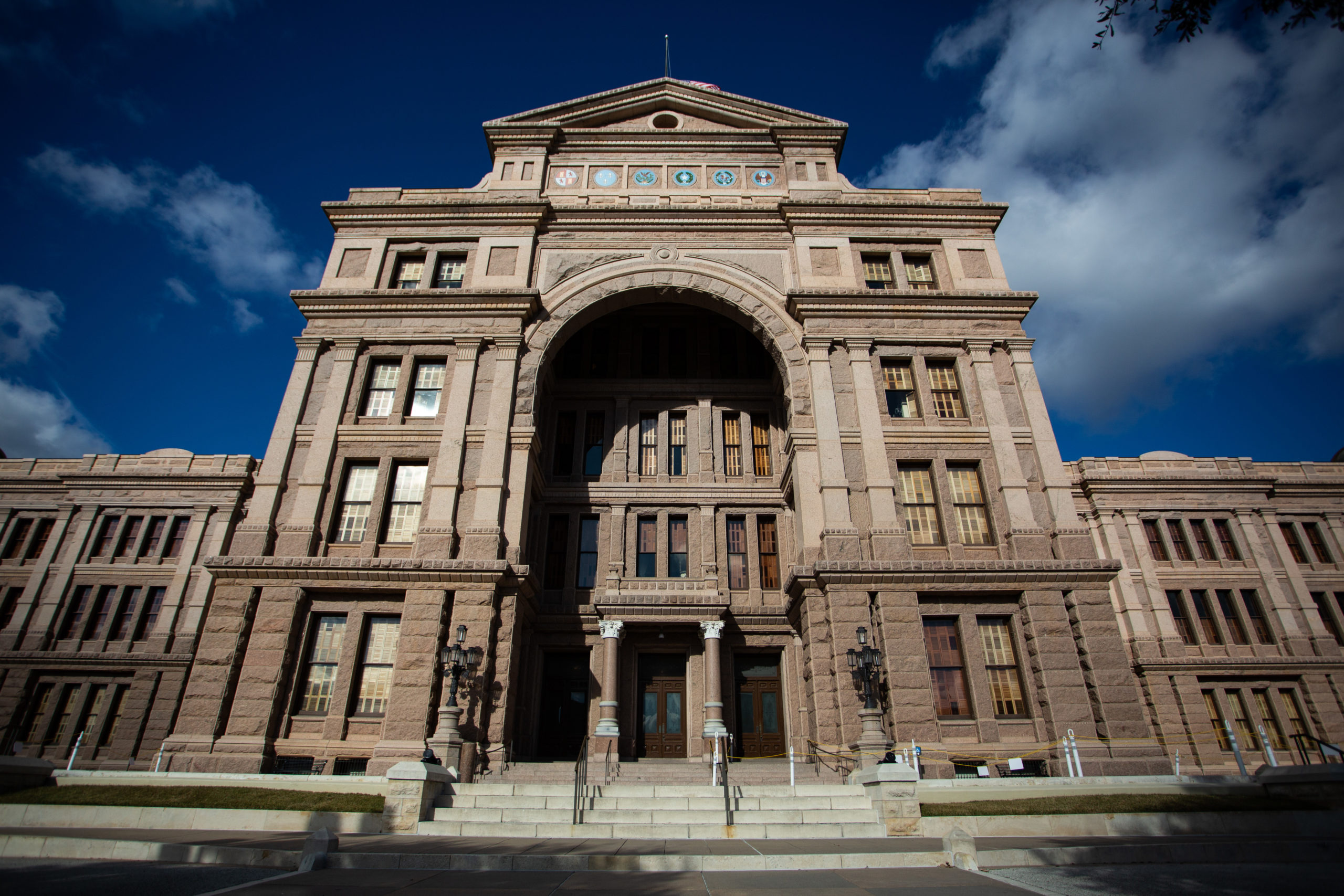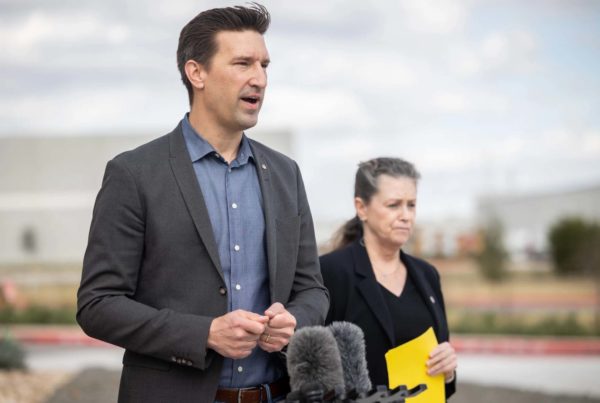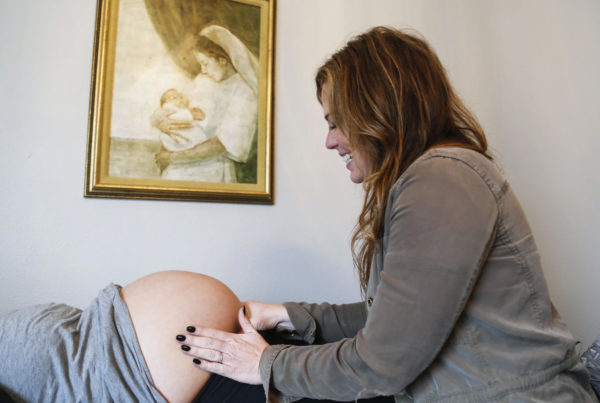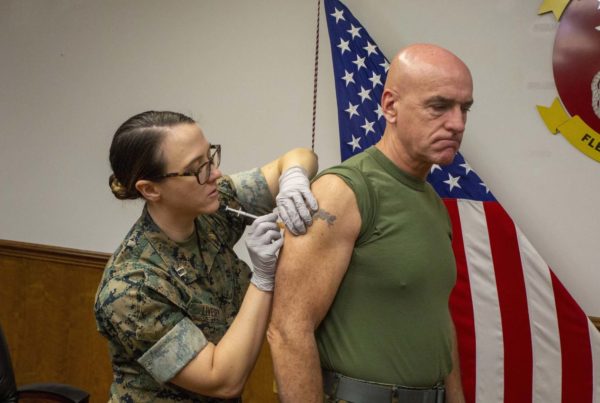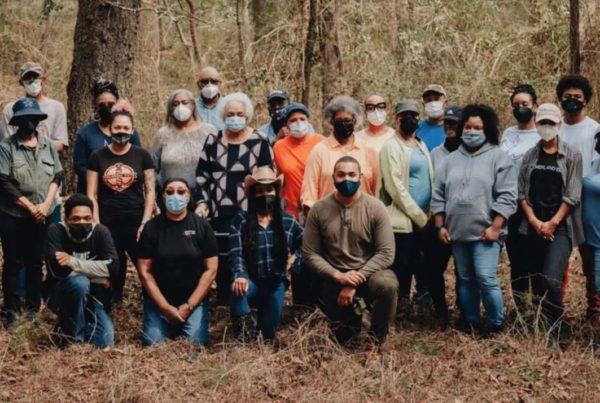In recent years, Harris County has become something of an epicenter for cash-bail reform efforts in Texas.
That’s because of a 2016 lawsuit claiming that the bail practices for misdemeanor arrests in Harris County were unconstitutional. What resulted was the O’Donnell Consent Decree – a settlement that allows most misdemeanor defendants to be released on personal recognizance bonds rather than having to pay cash bail.
But at the state Capitol, concerns remain about a rise in violent crimes, and lawmakers are lining up for an overhaul of Texas bail laws.
Jasper Scherer has been watching the latest bail-related bills in the legislature for the Houston Chronicle and San Antonio Express-News, where he’s Austin bureau reporter. He spoke with the Standard about the background of bail reform efforts in Texas, and why those policies are getting pushback. Listen to the story above or read the transcript below.
This transcript has been edited lightly for clarity:
Texas Standard: Before we get into these proposed measures, what’s the controversy here? What is it that Texas lawmakers seem to want to try to address?
Jasper Scherer: So what’s on the table is it’s a Republican-backed effort to essentially give judges more leeway to deny bail outright, which in most cases at the moment, bail can only be denied outright for defendants if they’re charged with capital murder and a couple other situations. And this effort would essentially expand that to allow the denial of bail for more violent and sexual offenses with the goal of essentially keeping more defendants behind bars pretrial.
Why is this happening now?
The main impetus for this, it appears, is especially in Houston and Harris County, that’s kind of what’s drawn a lot of Republican lawmakers attention. There has been an uptick in recent years in crimes and especially violent crimes committed by defendants who have secured their pretrial release through either, you know, paying a cash bond amount or even getting a low-cost personal bond. Essentially they’re trying to crack down on that and, you know, again, keep more folks behind bars while they’re awaiting their trial.
These measures have been pretty controversial. I mean, I think that certainly since the O’Donnell Consent Decree, there’s been a sense that actually allowing people to get out on bail is not contributing to an increase in crime. But there is a bit of a difference with the O’Donnell case. That has only to do with misdemeanors, whereas, it sounds like what Texas lawmakers are trying to do now is address, more specifically, felonies. Am I right?
That’s right. Yeah. For the most part, state lawmakers do have felonies in mind. And I think another key distinction to make is the Legislature, a couple of years ago, passed a kind of big sweeping bail overhaul that prevented judges and magistrates from giving out low-cost or cashless personal bonds for certain violent offenses. And in this case, what’s being proposed is to kind of extend that to include actual cash bail. So it would basically kind of equalize things and ensure that those changes that were applied in 2021, you know, now also folks who have the money to bond out, they would also be potentially prevented from doing that under this constitutional amendment.
Do you have a sense that this is an attempt to roll back some of the bail reforms that we’ve seen in Texas and in other parts of the country, or no?
I think in a sense, yes. And it’s part of this whole conversation that gets really easily muddled by, you know, again, I think a lot of folks just don’t know that the O’Donnell settlement case you’re referring to in Harris County only applies to misdemeanors. There have been some who argue that, in practice, it has been extended somewhat to felony cases, even though that’s not part of the settlement. But just kind of the overall feeling and sort of temperature of this, I think is that in Texas, some cities and counties have taken a kind of more progressive approach to things, and this is really, I would say, a kind of the conservative pushback to that movement.
So is there enough momentum in the Legislature to enact some of these changes?
I think it remains to be seen. What’s kind of interesting about this situation is amending the Texas Constitution requires two-thirds support in both chambers. Republicans have majorities, but they’re not quite at that threshold. So it’ll require some Democratic buy-in to get these things through and we’ll just have to wait and see if they can get there.


